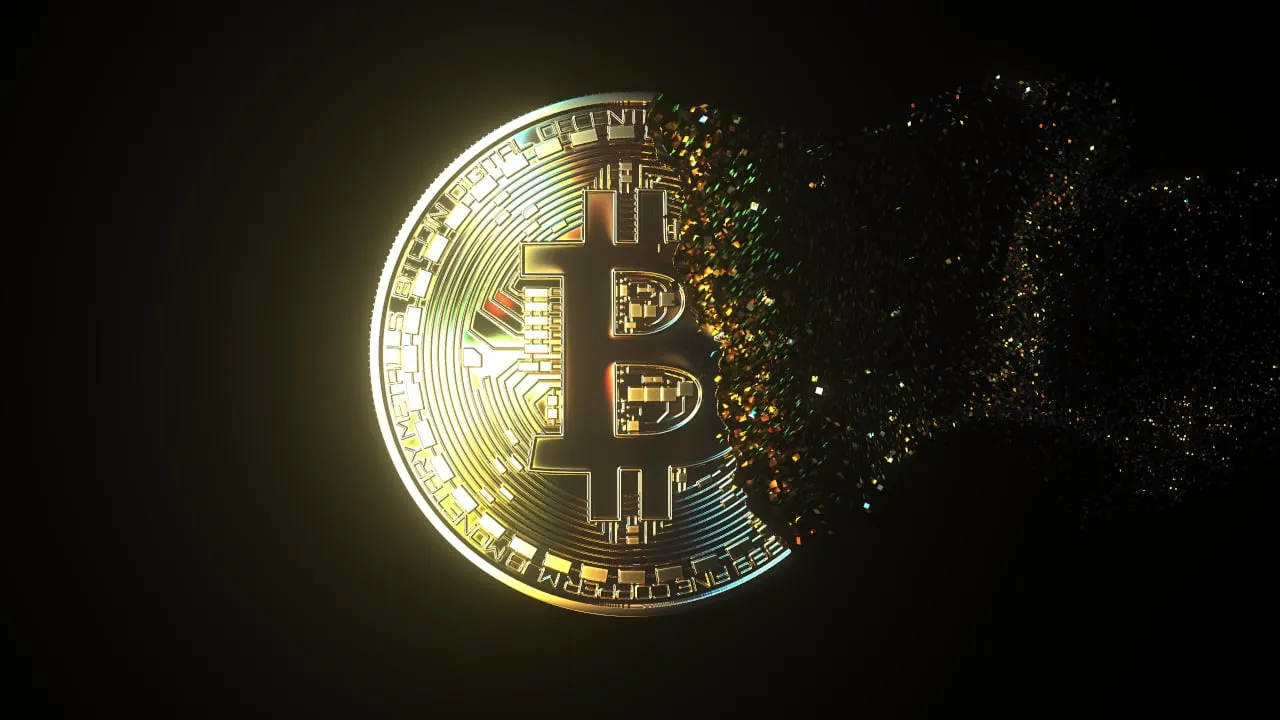The meme coin and NFT trading phenomena on Bitcoin caused by Ordinals have led to a massive spike in transaction fees and blockchain congestion.
Now, at least one developer has offered a solution.
Luke Dashjr, a leading Bitcoin code contributor on Github, emailed other Bitcoin developers and miners asking them to implement "spam filtration" as a part of Taproot transactions to block Ordinals and BRC-20 tokens.
“Action should have been taken months ago,” he wrote. “Spam filtration has been a standard part of Bitcoin Core since day 1.”
The developer wrote that a change must be imposed either through a Bitcoin Improvement Proposal (BIP) or as an update to the network's Core client that node operators and miners run to validate transactions.
Bitcoin Improvement Proposals (BIPs) are formal proposals voted on by node operators and miners to introduce updates and changes to the protocol, or related processes.
Dashjr noted in the email that the filter could be implemented immediately as a "bugfix" and doesn't need to wait for the "major release" or soft fork.
Bitcoin Core is a free and open-source software client for the network that serves as the reference implementation for the Bitcoin protocol. Currently, the software is running the latest version, 22.0, without any filter.
Bitcoin Twitter weighs in
DeGods NFT project founder Frank shared the email, which received harsh criticism from folks on Crypto Twitter.
One notable reply came from Washington Sanchez, the NFT product lead at Kraken, who called Dashjr's attempts to block the development a "1 man jihad against Ordinals."
"I doubt the other devs will take him seriously based on their precious comments that Bitcoin was working as expected if people are submitting valid transactions," he said.
James Loppson, the CTO of Casa, refuted any claims that Luke represents the entire developer community, replied saying, "LOL at anyone who tries to claim that Luke is representative of anyone other than Luke."
In a separate discussion on the public Bitcoin forum, bitcointalk.org, some members expressed dismay over using Bitcoin for purposes besides transferring value. However, an urgent need to add an Ordinal filter was not evident.
One developer suggested that "it does seem that developers agree this is an important issue but also that they're not actually going to do anything about it.”
“It's up to the rest of us to make Layer 2 implementations," they said.
Daily Debrief Newsletter
Start every day with the top news stories right now, plus original features, a podcast, videos and more.

